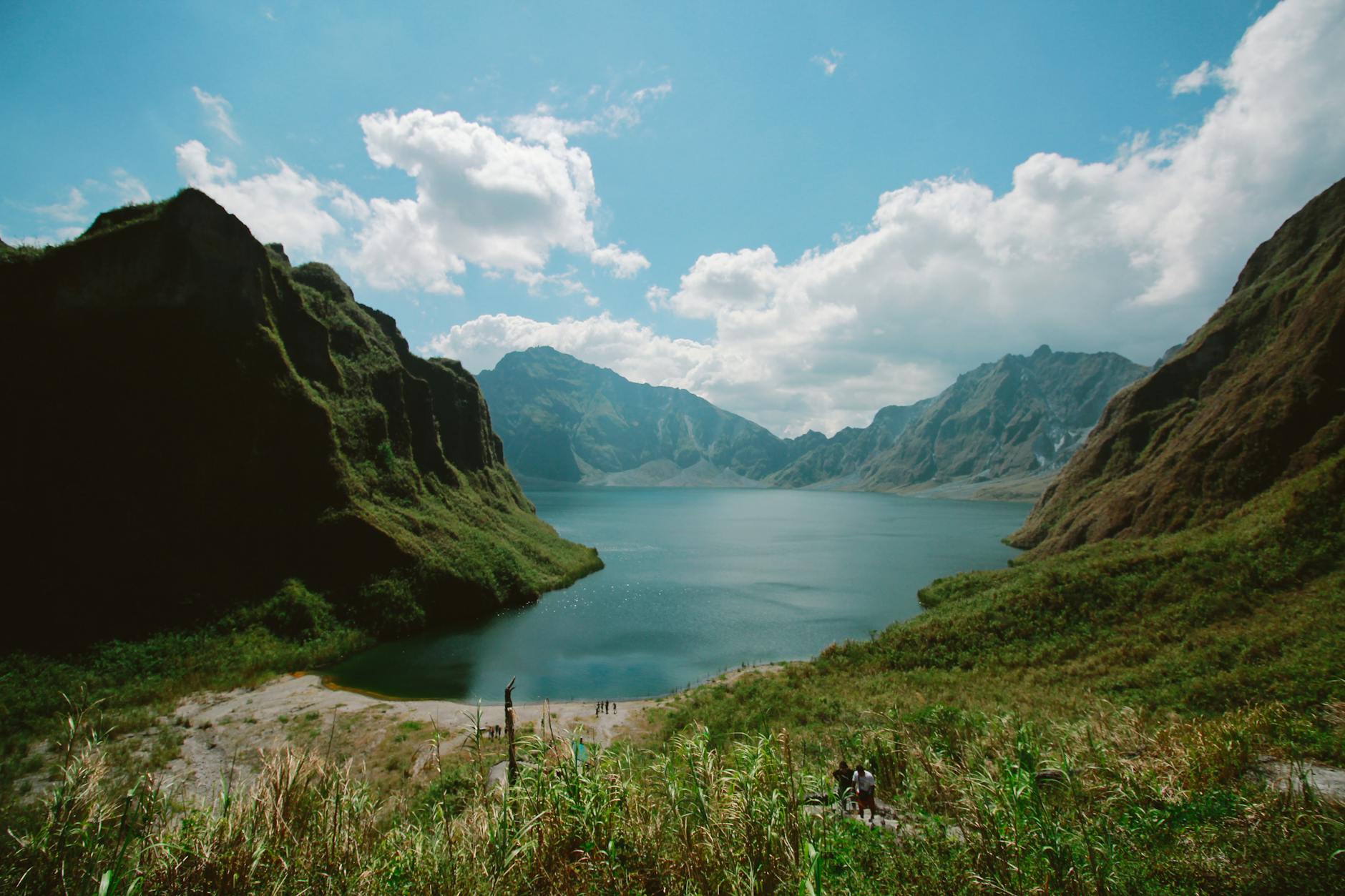How to Experience Australia's Wildlife with Conservation in Mind

Ethical Wildlife Spotting
Choosing Responsible Tours
When planning your next adventure, it's vital to select central american tours or central america travel options that align with ethical practices to ensure a positive impact on the environment. Look for operators who prioritize sustainability and education in their itineraries. A commitment to transparency about their conservation efforts is essential. You might find these tours collaborate with local communities, providing economic incentives that help protect wildlife.
For those focusing on africa safari, it's crucial to select operators who adhere to strict guidelines for wildlife interaction, ensuring limited disturbance to animals in their natural habitats. Consider tours that work hand in hand with significant conservation projects, helping protect endangered species and support local efforts. Before booking, read about their conservation programs and any partnerships with global wildlife organisations.
Moreover, a visit to Perth's own Kings Park and Botanic Garden can offer insights into the delicate balance required between tourism and wildlife preservation. The park's commitment to showcasing native flora provides lessons that are easily applicable to international sightseeing. Remember, responsible travel isn't just about enjoying the wonders of the world; it's about ensuring that future generations can too. By choosing the right tours, you contribute to a sustainable future for our planet's most vulnerable ecosystems.
Supporting Conservation Efforts
Volunteering Opportunities
As a wildlife educator from Perth, I've seen firsthand the profound impact volunteering can have on local conservation projects. One way to actively contribute is by joining organisations focused on African wildlife preservation. South Africa tours often include volunteer programs aiding in animal monitoring and habitat restoration. Whether you’re traversing the natural landscapes surrounding Kings Park and Botanic Garden or working alongside local conservationists, each experience offers a unique and invaluable perspective on biodiversity protection.
Participating in Citizen Science
There's a growing movement for citizen science where individuals contribute to data collection for research projects. Participating allows you to directly support conservation initiatives, offering valuable insights into wildlife behaviour and habitat use. By engaging in this, you not only gather critical information for African safari projects but also learn how these ecosystems thrive and adapt, particularly in a rapidly changing climate. For instance, did you know you could track migratory patterns from Perth using simple tech tools?
Educational Workshops
Another essential avenue is attending educational workshops. These workshops often provide hands-on learning about sustainable practices and animal preservation techniques. Through platforms that discuss topics from kenya tours to local endangered species, individuals can gain a deeper understanding of global wildlife issues. These sessions empower you with the knowledge to implement wildlife preservation strategies in your daily life. Plus, participating in these activities often creates a ripple effect, fostering environmental stewardship in our communities.
Understanding Local Ecosystems
Australia is a treasure trove of unique ecosystems, a feature I often discuss on the trails of the Swan River. Recognising these habitats’ intricacies is vital for wildlife conservation and eco-awareness. Notably, the Kimberley and Wet Tropics regions are habitats you wouldn't want to overlook. These ecosystems harbour an incredible array of indigenous species such as the saltwater crocodile and the cassowary—both iconic yet increasingly vulnerable.
Learning about these habitats is akin to getting acquainted with a family of fascinating, though sometimes enigmatic, characters. Each area supports species that have adapted uniquely to their environment, offering a glimpse into the natural legacy we are tasked with preserving. For instance, Africa presents its own extraordinary ecosystems and biodiversity, often showcased through immersive africa tours and compelling experiences like a zimbabwe safari, where travelers can witness firsthand the impact of responsible tourism on wildlife protection and local communities.
Learning to decipher the rhythm of our lands—akin to understanding the cultural mosaic represented by exhibits at the WA Museum Boola Bardip—empowers you to make informed decisions that benefit these critical habitats. By immersing yourself in these habitats, you're taking a hands-on approach to enrich your understanding and contribute to wildlife preservation strategies. Whether you're preparing for a local exploration or considering broader conservation projects, your active participation becomes a crucial pillar in the battle for ecosystem sustainability.
Environmental Impact Reduction
Waste Management Practices
When exploring the lush ecosystems of places like Kings Park and Botanic Garden, minimising waste is crucial. By carrying reusable water bottles and cutlery, you can significantly reduce single-use plastics which often pollute natural habitats. If enjoying cuba tours, opt for local eateries that prioritise recycling and composting. These establishments help decrease landfill deposits by responsibly managing their waste.
Sustainable Travel Gear
Ensuring you have the right travel gear can make your journeys more eco-friendly. Selecting solar-powered chargers and eco-friendly insect repellents not only supports sustainability but also reduces reliance on conventional products that might harm the environment. For those heading on a kenya safari, choosing gear made from recycled materials can further this cause. Such choices contribute to a cycle of reusing and reducing overall environmental impact.
Carbon Footprint Reduction
Reducing your carbon footprint is another critical aspect of environmentally conscious travel. While travelling, consider using modes of transport with lower emissions. For instance, carpooling or public transport options not only alleviate traffic but help decrease your carbon emissions. If at home, biking through Swan River trails is an excellent way to reduce carbon output while immersing yourself in nature.
Each of these strategies not only aids in preserving our natural world but also ensures a sustainable future, enabling us to continue appreciating the diverse wildlife and breathtaking landscapes across the globe.
Confronting Challenges in Conservation
Tackling Poaching Risks
Embarking on our journey through the intricate world of wildlife conservation, it's vital to address the shadowy threat of poaching. This illegal activity poses a severe risk to biodiversity, destabilising ecosystems and species populations. To combat this, wildlife preservation strategies like implementing stringent wildlife protection laws and increasing penalties are crucial. Advocating for local community involvement in protective measures, such as creating awareness campaigns, can also deter poaching efforts. Supporting organisations that fight poaching is not just about donations—advocacy and spreading the word make a world of difference.
Harmonising Tourism and Habitat Preservation
Venturing out on nature walks in places like Kings Park or along the Swan River trails provides not only a refreshing experience but also an opportunity to promote conservation. However, balancing tourism with habitat preservation can be tricky. Implementing strict visitor guidelines and promoting off-peak travel times help minimise environmental footprints. By choosing eco-friendly accommodation and low-impact tours, like birdwatching or guided nature walks at WA Museum Boola Bardip, we can enjoy the splendour of nature while safeguarding its delicate balance.
Navigating Climate Change Adaptations
Climate change looms large over Australia's unique ecosystems, already altering landscapes and affecting species' survival. Innovative solutions such as supporting and practising sustainable farming, reducing carbon emissions, and actively participating in habitat restoration projects are essential steps toward adaptation. Learning about our local flora and fauna, and even joining educational workshops on climate resilience, empowers us to make informed choices. As we unite to tackle this global challenge, every small action contributes to a larger impact, guiding our journey towards a more sustainable future.


